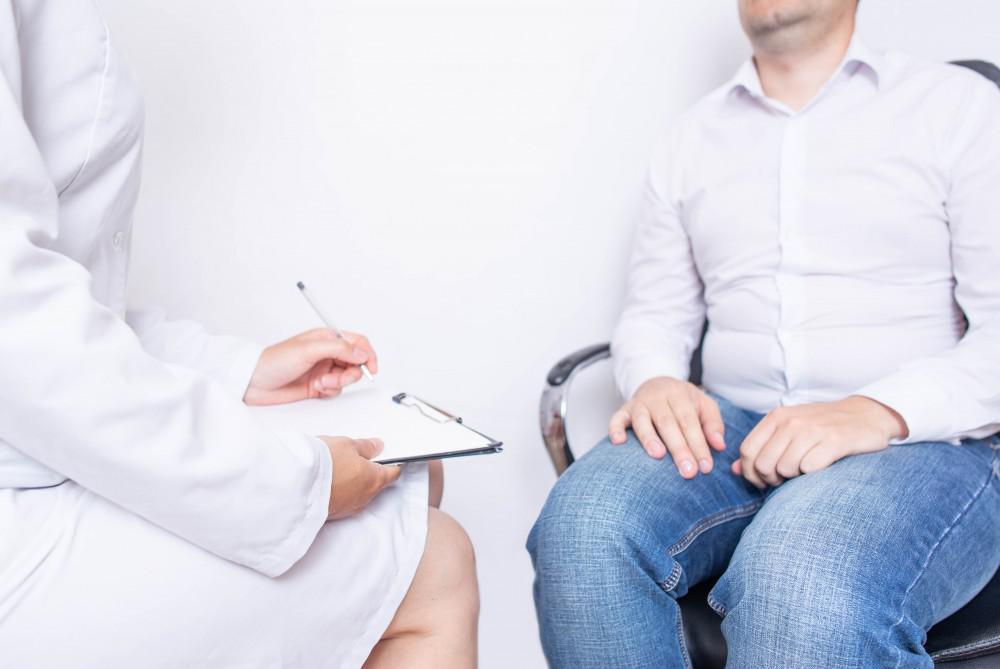Expert Treatment for Diabetes Mellitus by Dr. Bharat Pothuri
Dr. Pothuri uses a step-by-step approach:
Medical History and Exam
He reviews your symptoms-thirst, frequent urination, fatigue, weight changes-and discusses family history, lifestyle, and any prior gestational diabetes.
Blood Sugar Tests
A fasting blood glucose measurement and a random glucose check pinpoint elevated sugar levels in your bloodstream.
A1C Test
This key lab test reflects your average blood sugar over the past two to three months, helping confirm chronic hyperglycemia.
Oral Glucose Tolerance Test (OGTT)
When results are borderline, the OGTT tracks how your body processes a standardized glucose drink over two hours.
Autoantibody and C-Peptide Testing
- C-peptide levels gauge your own insulin production.
- Autoantibody panels distinguish type 1 (autoimmune) from type 2 (insulin resistance) diabetes.
Frequently Asked Questions
What lifestyle changes help with diabetes?
Eat balanced meals, move more, and check your blood sugar regularly.
How often should I check my A1C?
Most people need it every 3 to 6 months.
Can diabetes affect my kidneys?
Yes. If not treated, high blood sugar can damage the kidneys.
What is the difference between type 1 and type 2?
Type 1 is caused by low insulin production. Type 2 is caused by insulin resistance.
When do I need medication?
If diet and exercise don't keep your sugar levels in range, medicine may be needed.
Is endoscopic sleeve gastroplasty safe?
Yes. It is a simple, non-surgical option with quick recovery.
Where can I learn more about diabetes?
Visit the American Diabetes Association at www.diabetes.org for trusted information.












